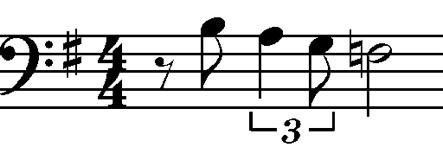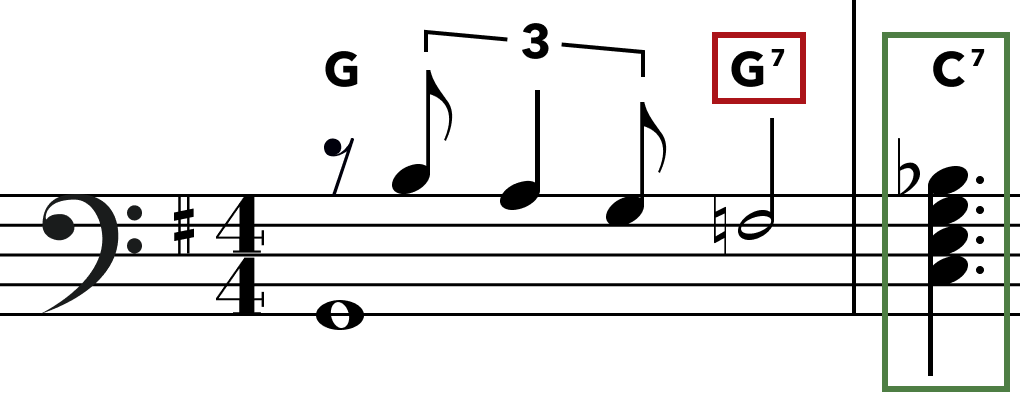
The Birth of Gospel Music 4
Following the lead of Michael Harris, more recent analysts have recognized the seminal influence of blues in the musical imagination of Thomas Dorsey and chosen to assign the label "gospel blues" to this religious genre. These analysts have used the term even though it has never been a part of the lexicon used by its historical or contemporary practitioners. The label, however, undermines the ultimately religious intent of the genre despite its structural and aesthetic parallels with blues (Harris 1992; Boyer 1992b, Bohlmann 2006).
You can hear an instance of such parallel to the blues in the following video:"Until My Change Comes":
![[I'm Going To] Wait Until My Change Comes](https://img.youtube.com/vi/5DdeJhBlJxs/hqdefault.jpg)
[I'm Going To] Wait Until My Change Comes [ 00:00-00:00 ]
The most apparent tropes found in the blues are the flattened third, fifth, or seventh scale tone degree. This is what Dorsey means by "You got to always have something: a little trick, a little embellishment or something." Dorsey uses the syncopated descent to the b7 motif shown above, which gives the line a sense of "waiting." According to the European music theory system, the F natural in the example above is a secondary function because the altered tone is not a member of the key that the piece is written in. In the key of G major, F is # (sharp). As the third of the dominant chord in G major, F# is then the leading tone that resolves to the root of the tonic chord. Herein lies another addendum to musical notation derived from African American musicians and composers. In a blues or jazz chart, an analysis of the harmonic progression within the motif is as shown in the figure below.
Note, this sets up another flattened seventh on the next chord, C7.
If there were no words, one would immediately identify the genre as blues. However, herein lies the controversy of the church's acceptance of Dorsey's gospel music.

Give me a song, I stick to the note and play it like it is, you won't pay much attention to it. In fact, it won't go anywhere. You got to always have something: a little trick, a little embellishment or something. I don't go and take it just straight; I got to put something in it to get over.
(Thomas Dorsey)

Lyrically, the gospel song expresses theology. Not the theology of the academy or the university, not formalistic theology or the theology of the seminary, but a theology of experience-the theology of a God who sends the sunshine and the rain, the theology of a God who is very much alive and active and who has not forsaken those who are poor and oppressed and unemployed. It is a theology of imagination-it grew out of the fire repressed in the bones, of words painted on the mind's canvas. Fear turns to hope in the sanctuaries and storefronts and bursts forth in songs of celebration. It is a theology of grace that allows the faithful to see the sunshine of His face-even through their tears. Even the words of an ex-slave trader became a song of liberation and an expression of God's amazing grace. It is a theology of survival that allows people to celebrate the ability to continue the journey despite the insidious tentacles of racism and oppression and to sing, ''It's another day's journey, and I'm glad about it!'' (William B. McClain's preface to Songs of Zion2).
Stand By Me
When the storms of life are raging
Stand by me
When the storms of life are raging
Stand by me
When the world is tossing me
Like a ship out on the sea
Thou who rulest wind and water
Stand by me
Leave It There
If the world from you withhold of its silver and its gold,
And you have to get along with meager fare,
Just remember, in His Word, how He feeds the little bird,
Take your burden to the Lord and leave it there.
Leave it there, leave it there,
Take your burden to the Lord and leave it there.
If you trust and never doubt,
He will surely bring you out,
Take your burden to the Lord and leave it there.







